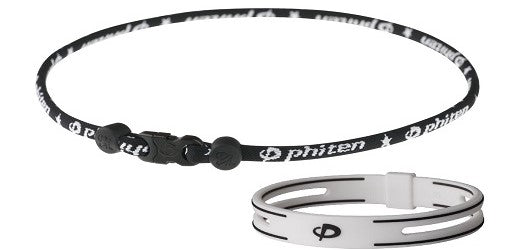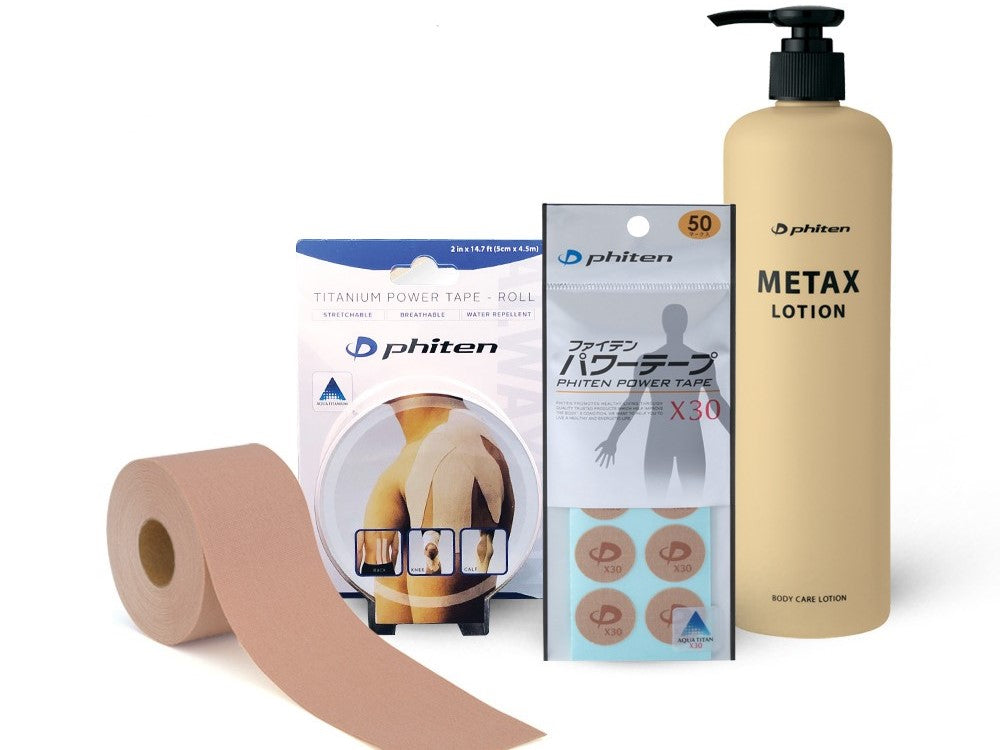Two Types of Dietary Fiber: Your Guide to a Healthier Life
Dear Valued Phiten Customers,
Starting this week, we embark on a series dedicated to dietary fiber, an essential component for maintaining and improving our health. In each installment, we'll delve into different aspects of dietary fiber, starting with its two main types—soluble and insoluble—and their distinct health benefits.
The Two Types of Dietary Fiber
1. Soluble Fiber:
What is it?:
- Soluble fiber dissolves in water to form a gel-like substance in the digestive system. It's found in foods like oats, nuts, beans, lentils, apples, and blueberries.
Health Benefits:
- Digestive Health: Soluble fiber helps slow down digestion, which can regulate blood sugar levels and enhance nutrient absorption.
- Heart Health: It aids in lowering cholesterol levels by binding with cholesterol particles and removing them from the body.
- Blood Sugar Management: By moderating digestion, soluble fiber helps control glucose levels, preventing rapid spikes after meals.
2. Insoluble Fiber:
What is it?:
- Insoluble fiber does not dissolve in water and adds bulk to stool. Common sources include whole grains, wheat bran, nuts, and vegetables like cauliflower, potatoes, and green beans.
Health Benefits:
- Digestive Health: Insoluble fiber facilitates the quick passage of food through the stomach and intestines, aiding regular bowel movements and preventing constipation.
- Preventive Role in Chronic Diseases: Regular intake of insoluble fiber is linked to a reduced risk of heart disease and type 2 diabetes.

Integrating Fiber into Your Diet
Understanding the roles of both types of fiber highlights the importance of incorporating a variety of fiber-rich foods into your diet. Here are some tips to optimize your fiber intake:
- Mix it up: Include both soluble and insoluble fiber sources in your daily diet to reap comprehensive health benefits.
- Gradually increase: If new to a high-fiber diet, slowly increase your intake to allow your digestive system to adjust.
- Stay hydrated: Drinking ample water is essential when increasing your fiber intake to help manage digestion and prevent gastrointestinal discomfort.
We hope this overview enhances your understanding of the critical roles both types of dietary fiber play in maintaining and enhancing your health. Remember, a balanced diet rich in fiber is not just about promoting digestive health; it's about nurturing every aspect of your well-being.
Stay healthy and informed,
Disclaimer:
Please note that the information provided in this newsletter is for educational purposes only and is not intended as a substitute for professional medical advice, diagnosis, or treatment. Always consult your physician or other qualified health providers with any questions you may have regarding a physical or mental health condition. Individual cases may vary, emphasizing the importance of personalized medical advice.







